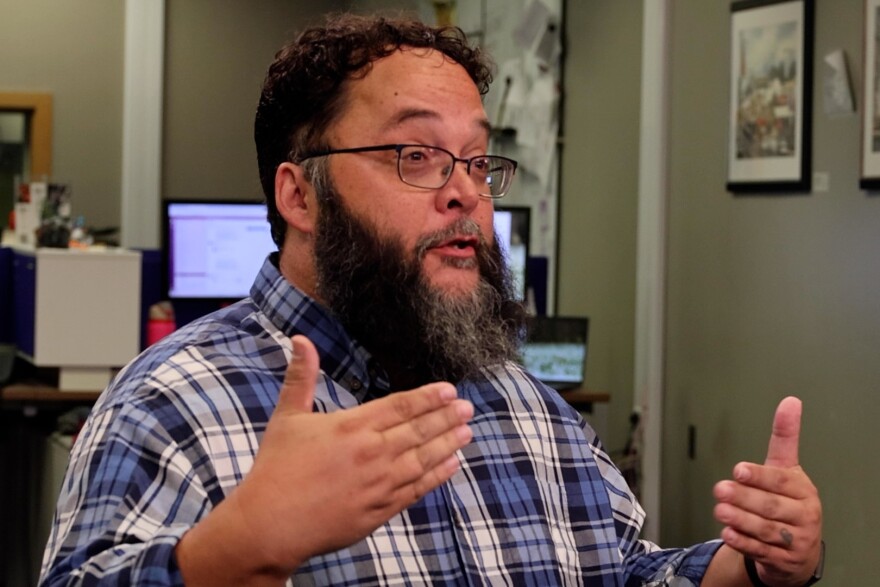Indiana University dismissed Jim Rodenbush, the adviser for the Indiana Daily Student newspaper, after he rejected an order to block certain stories in a special homecoming edition. According to Rodenbush, university officials told him to remove all news content and keep only features. He refused, saying that editorial decisions belong to the student journalists. His removal has drawn widespread criticism from students and press advocates.
University Ends Print Editions
Following Rodenbush’s dismissal, the university announced that the student paper would stop producing print editions. Officials said the decision came from financial constraints and a shift toward a digital-first strategy. Many staff members, however, believe the timing shows that the move was connected to the censorship dispute. They argue that ending the print edition weakens independent journalism on campus.
Reactions from Staff and Advocates
Student journalists condemned the firing, calling it an attack on press freedom. They said it sends a message that challenging authority has consequences. Free press organizations also criticized the university’s actions. They emphasized that public universities must protect the rights of student journalists and ensure that administrators do not interfere in content decisions. The incident has sparked nationwide discussions about censorship in academic spaces.
University Response
University officials denied any attempt to suppress news content. They said the changes are part of a long-term digital strategy and not linked to Rodenbush’s refusal. Administrators claimed the transition helps the school adapt to new media habits and budget realities. They also stated that students still have full editorial control over their stories. Despite this statement, many remain skeptical about the university’s motives.
Conclusion
The removal of Jim Rodenbush and the end of the paper’s print edition highlight growing tension between academic institutions and journalistic freedom. While universities face financial and digital challenges, protecting student media remains essential. The case at Indiana University may serve as a warning to other schools, showing how easily administrative decisions can undermine press independence. As the debate continues, students and advocates are urging the university to restore trust and uphold free expression on campus.
Bonus Read: ASUU Signals Readiness to Resume Talks With FG




https://shorturl.fm/Hc2f9